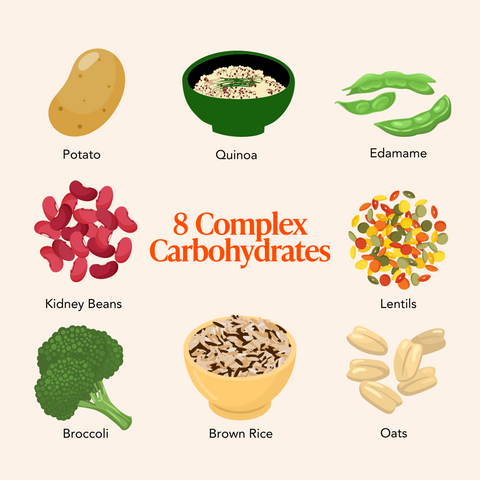Herbal remedy for Diabetes

Several herbs and plant-based remedies have been traditionally used to support diabetes management. While they may help, it's crucial to consult with a healthcare provider before incorporating them into your diabetes management plan. Here are some herbs that are commonly associated with potential benefits for diabetes: 1. ** Bitter Melon (Momordica charantia): ** Bitter melon is a vegetable with bitter-tasting fruit that is believed to have blood sugar-lowering properties. It is available in various forms, including as a dietary supplement or as a food ingredient. 2. ** Fenugreek (Trigonella foenum-graecum) :** Fenugreek seeds are rich in soluble fiber and may help regulate blood sugar levels. They can be consumed in seed form or as a dietary supplement. 3. ** Cinnamon :** Some studies suggest that cinnamon may improve insulin sensitivity and help lower blood sugar levels. It can be added to food or taken as a supplement. 4. ** Gymnema Syl...

